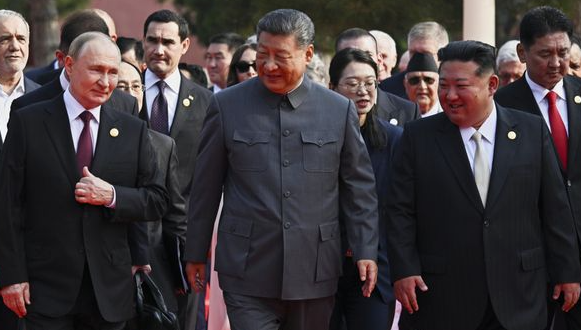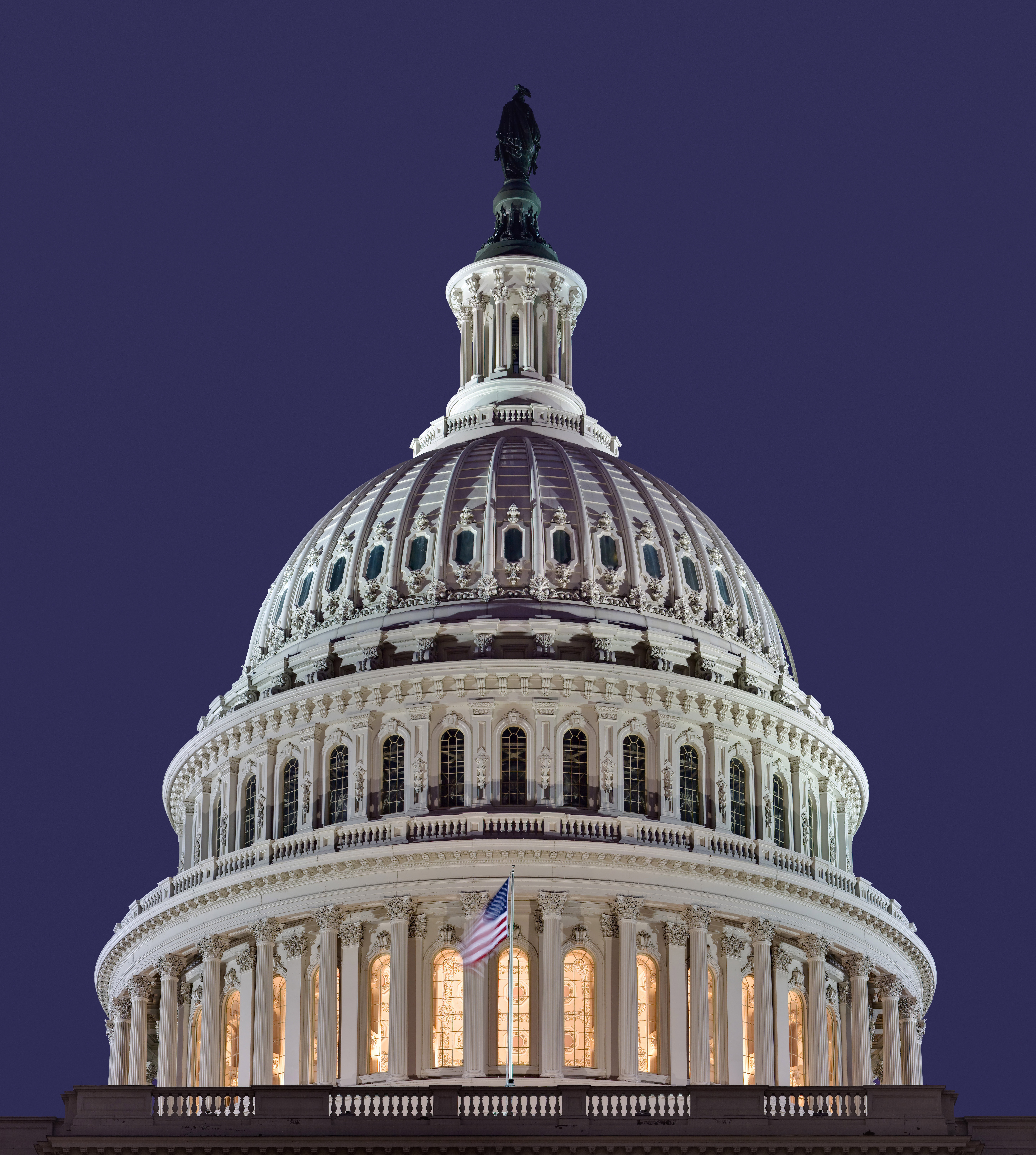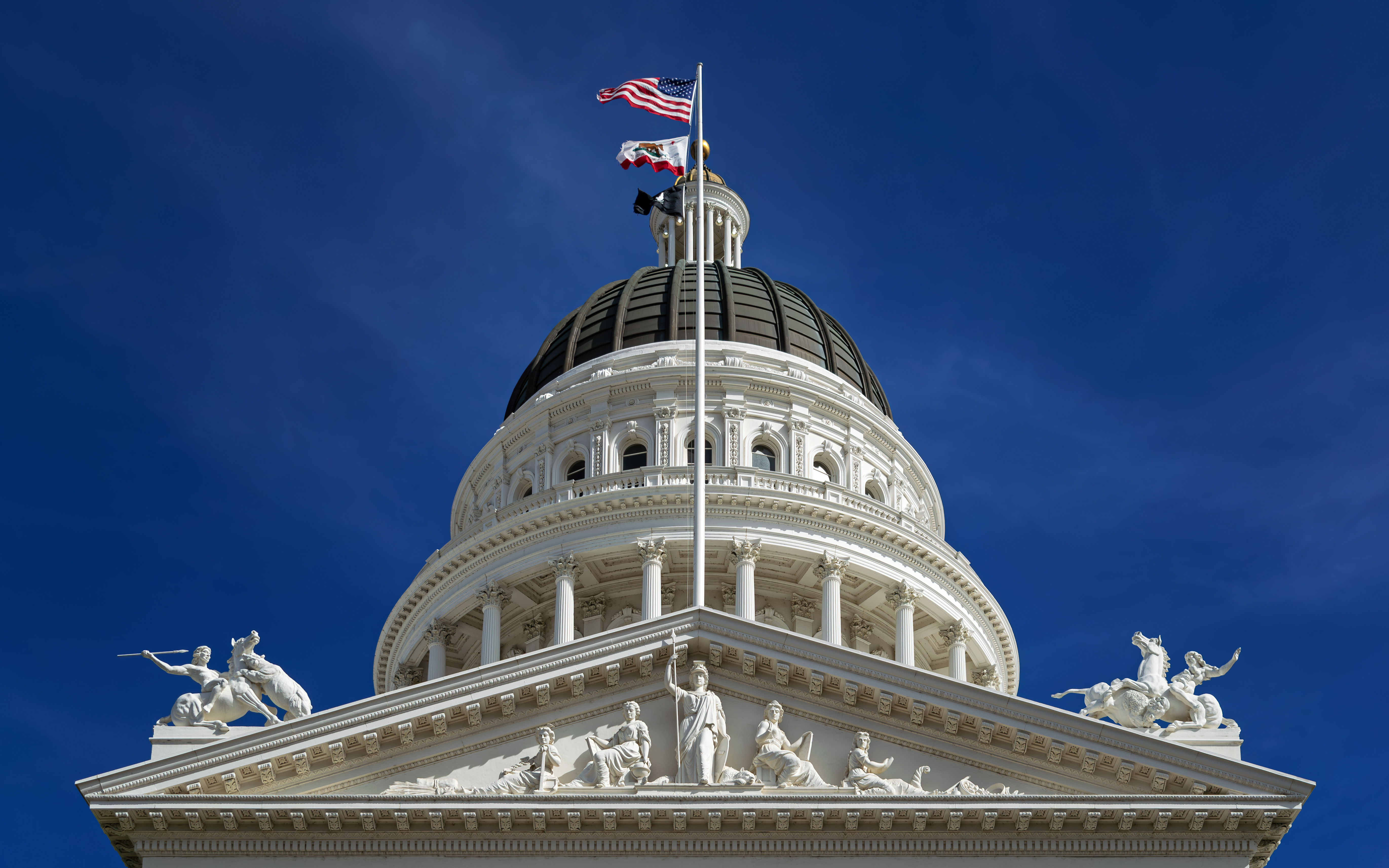Elon Musk has ignited a political firestorm across the Atlantic by launching devastating attacks on the British establishment over decades-old grooming gang scandals, exposing the systematic cover-up of child sexual abuse that has plagued British politics for generations. His direct confrontation with Prime Minister Keir Starmer and other officials has shattered diplomatic norms while forcing uncomfortable truths about institutional failure back into the global spotlight.
Musk’s Explosive Accusations Against Starmer
In a series of posts on X that sent shockwaves through British politics, Musk accused Prime Minister Keir Starmer of being “complicit in the rape of Britain” for failing to investigate historical child sexual abuse cases. Musk called Starmer a “national embarrassment” and demanded his resignation, marking an unprecedented intervention by a foreign billionaire in British domestic politics.
The attack escalated when Musk targeted safeguarding minister Jess Phillips, calling her a “rape genocide apologist” and demanding her imprisonment. These statements, while inflammatory, drew attention to the systematic failures that allowed gangs of men – mainly of Pakistani descent – to groom, drug, and rape girls from disadvantaged backgrounds in English towns between the 1980s and early 2010s.
Phillips subsequently received death threats following Musk’s attacks, prompting Starmer to condemn what he termed “poison of the far-right that have really crossed a line.” However, this response deflected from the substantive questions Musk raised about institutional accountability for historical child abuse scandals.
The Grooming Gang Scandal: Decades of Institutional Failure
The grooming gang scandal represents one of the most shameful chapters in modern British history, with a 2014 report revealing that approximately 1,400 children had been abused by gangs in Rotherham alone between 1997 and 2013. Similar patterns emerged in towns across northern England, exposing systematic failures by police, social services, and political authorities.
Local authorities, police forces, and child protection agencies repeatedly ignored victims’ reports, often dismissing them as “difficult” teenagers making false accusations. The reluctance to investigate and prosecute these crimes stemmed from political correctness concerns about appearing racist, allowing predators to operate with impunity for decades.
Musk’s intervention has forced British media and politicians to confront uncomfortable questions about why so many institutions failed so completely to protect vulnerable children. His platform ownership gives him unprecedented power to bypass traditional media gatekeepers who might otherwise minimize coverage of these sensitive topics.
Starmer’s Defensive Response and Record
Prime Minister Starmer responded by condemning “those that are spreading lies and misinformation as far and as wide as possible,” characterizing critics as self-interested rather than concerned about victims. However, his defensive posture raised questions about why he seemed more focused on attacking messengers than addressing the underlying institutional failures.
Starmer defended his record as former Director of Public Prosecutions, claiming “I brought the first major prosecution of an Asian grooming gang” and noting that “when I left office, we had the highest number of child sexual abuse cases being prosecuted on record.” While factually accurate, critics argue this timeline shows prosecution efforts only began seriously after scandals became too large to ignore.
The timing of prosecutions – mostly occurring after public exposure rather than proactive investigation – suggests reactive rather than preventive approaches to child protection. Musk’s attacks highlighted this distinction between belated prosecutions and systemic prevention of abuse.
Political Fallout and Reform UK Dynamics
In an unexpected twist, Musk called for Nigel Farage to step down as leader of Reform UK, writing “Farage doesn’t have what it takes.” This sudden reversal came after reports suggested Musk might donate up to 00 million to Reform’s campaign, raising questions about foreign influence in British politics.
The apparent falling out between Musk and Farage occurred because Farage disagreed with Musk’s support for far-right activist Tommy Robinson, currently serving an 18-month sentence. This disagreement exposed tensions within anti-establishment movements about tactics and messaging strategies.
Recent polling shows the controversy has damaged Musk’s reputation in Britain, with 71% now holding unfavorable views – up seven points since November. However, on the grooming gangs issue specifically, public trust remains low across the political spectrum, with Starmer and Farage both scoring only 26% trust ratings.
Media Manipulation and Truth-Telling
Critics argue that Musk’s intervention represents foreign manipulation of British politics through social media platforms, raising concerns about democratic sovereignty and misinformation. However, supporters contend that his willingness to address topics British politicians prefer to avoid serves essential truth-telling functions.
The grooming gang scandals did occur, institutional failures were documented, and accountability remains limited despite official inquiries and reports. Musk’s inflammatory rhetoric, while problematic in tone, addressed substantive issues that British political establishments have struggled to confront honestly.
GB News and other right-wing media outlets amplified Musk’s messaging, demonstrating how alternative media ecosystems can bypass traditional editorial filters. This dynamic represents broader changes in information flows and political discourse that transcend British borders.
Global Implications for Political Accountability
Musk’s intervention represents a new form of international political influence where billionaire platform owners can directly challenge foreign governments without diplomatic constraints. His willingness to confront British authorities over sensitive topics demonstrates how wealth and technology can reshape traditional power relationships.
The controversy also highlights how historical injustices can be weaponized in contemporary political battles, with legitimate concerns about child protection becoming entangled with broader cultural and political conflicts. This pattern has implications for how democratic societies address past institutional failures.
For American observers, Musk’s confrontation with British authorities offers insights into how powerful individuals can use social media platforms to challenge established political narratives. Whether this represents healthy accountability or dangerous foreign interference depends largely on one’s perspective on the underlying issues and the effectiveness of traditional democratic institutions in addressing systematic failures.







